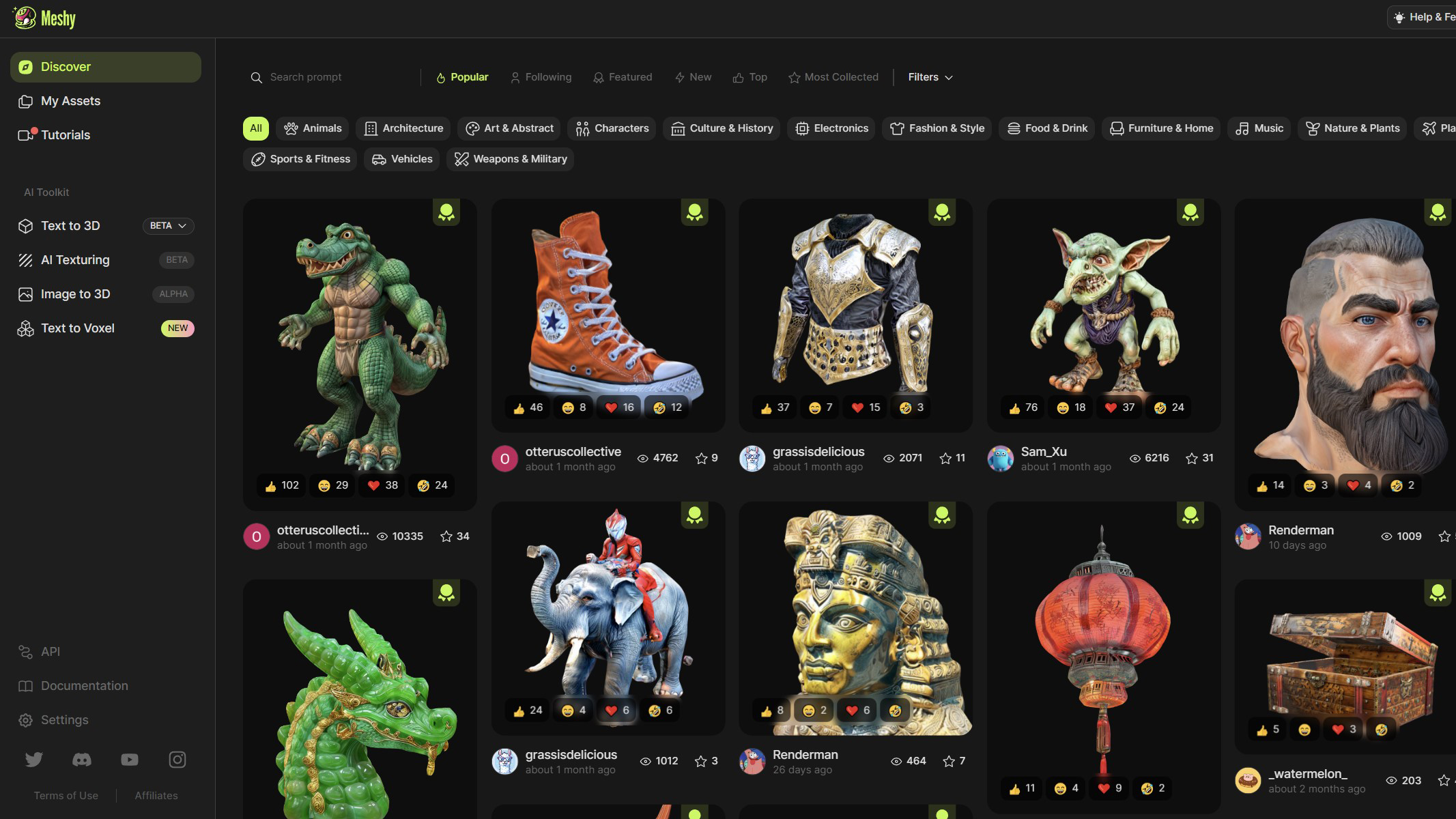In the ever-fluctuating world of cryptocurrency, prominent analyst Benjamin Cowen offers a cautionary perspective on Ethereum’s (ETH) ongoing struggle against Bitcoin (BTC). With a subscriber base of 866,000 on YouTube, Cowen’s insights are both awaited and respected in the crypto community, making his latest analysis especially noteworthy.
Cowen alerts Ethereum enthusiasts that despite its transition from proof of work to proof of stake and other significant narratives, ETH’s decline relative to BTC might persist under current U.S. monetary policies. Highlighting past trends, he indicates that the Ethereum/Bitcoin (ETH/BTC) pair historically bottoms out when U.S. monetary policies ease.
Reflecting on previous cycles, Cowen states, “As quantitative tightening continued, Ethereum/Bitcoin went down. When quantitative easing began, Ethereum/Bitcoin went up.” This observation suggests a strong correlation between the Federal Reserve’s activities and Ethereum’s value dynamics against Bitcoin.
With Ethereum currently trading at 0.0285 BTC, Cowen remains cautiously optimistic yet realistic. He acknowledges the possibility of ETH going lower until quantitative tightening ceases, and suggests that if these policies end soon, Ethereum might stabilize at its current level of 0.023 BTC. However, an extension of restrictive monetary policies could foresee further ETH decline.
This nuanced analysis hinges on one critical factor: the trajectory of the Federal Reserve’s monetary policy. For crypto investors, especially those holding or contemplating positions in Ethereum, Cowen’s insights underscore the importance of considering broader economic indicators alongside conventional crypto market analysis.
As the crypto world watches closely, Cowen’s perspectives offer valuable foresight into Ethereum’s immediate challenges and potential bottoming out, urging investors to stay informed and vigilant about external economic factors that could impact their holdings.
For more insights and to stay updated on the latest cryptocurrency trends, subscribe to our updates directly to your inbox.
*Disclaimer: The opinions expressed in this article are not financial advice. Investors should conduct their own research before making any investment decisions.*





![0dang-54090763.jpeg safe_pos, score_9, score_8_up, score_7_up, (age up:1.0) BREAK 1girl , (blonde hair, messy bun, wispy bangs), (medium saggy breasts), freckles, cute face, [wrinkles, dimples],(realistic skin:1.3)∙(detailed skin:1.3)∙(skin texture:1.3)∙(perfect skin:1.3). leaning back, in water ,in hotspring, rocks,naked, reflection in water. (looking at viewer), [coy smile]. portrait , breast focus, side view, (closeup:1.2), dappled lighting. (bokeh, shallow depth of field). (cinematic lighting:1.3), (chromatic aberration), (4K image quality:1.3), (sharp detail:1.3), (highly realistic:1.3), (dim warm cinematic lighting:1.3)](https://umbra.ai/wp-content/uploads/2025/01/0dang-54090763.jpeg)




































